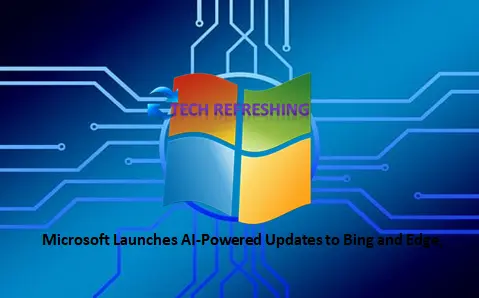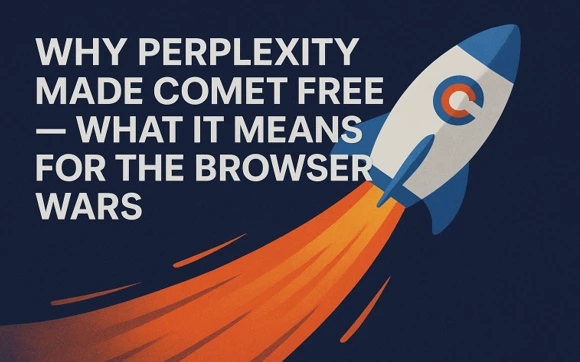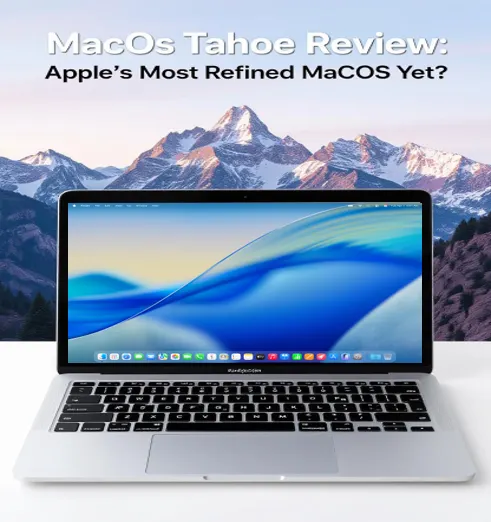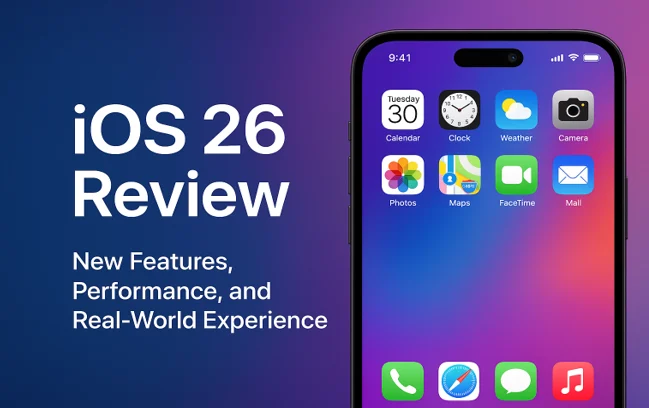
Microsoft Launches AI-Powered Bing and Edge Updates
Redmond, Washington – Microsoft CEO Satya Nadella declared that search powered by artificial intelligence (AI) is the most significant development to occur at the company in the nine years he has been in charge. In a recent interview with CNBC’s Jon Fortt, Nadella stated that the last time he saw something like this was in 2007-2008, when the cloud was first introduced.
New AI-Powered Features for Bing and Edge
Microsoft has recently rolled out new updates for Bing search engine and Edge browser, incorporating advanced AI technology. These updates aim to provide a more conversational and informative search experience for users, as the AI-powered capabilities enable Bing to offer more in-depth answers to queries. Despite being a distant runner-up to Google in the search engine market, these updates position Bing to provide a more seamless and efficient search experience for its users. The updates are currently available in a limited preview on desktops, meaning access to these AI-powered features is limited to a specific number of queries during the initial launch period.
Investment in OpenAI and ChatGPT

Microsoft’s recent launch is a result of its multibillion-dollar investment in OpenAI, the creator of ChatGPT. This marks the third phase of the collaboration between the two companies, following previous investments in 2019 and 2021. ChatGPT is a cutting-edge web-based tool that generates text based on prompts, offering a more advanced and creative approach compared to traditional chatbots. The tool garnered widespread attention and praise following its launch in November, with tech leaders and investors likening its impact to that of the iconic iPhone launch in 2007.
Competition with Google’s Bard
Google recently announced an AI chatbot technology called Bard, which will be rolling out in the coming weeks. Bard will directly compete with ChatGPT. OpenAI CEO Sam Altman confirmed that Microsoft has integrated some of OpenAI’s GPT-3.5 language technologies into Bing to enhance its capabilities.
Advantages of AI-Powered Search Technology
The integration of AI technology in search engines brings numerous benefits compared to conventional search engines. AI algorithms have the ability to grasp the intent behind a user’s query and furnish more relevant answers. Furthermore, AI-powered search engines can swiftly analyze massive amounts of information and deliver results much faster than traditional search engines. These advancements have made search engines more efficient and user-friendly, leading to a superior search experience for users.
Microsoft’s Focus on AI
For a number of years, Microsoft has prioritised AI, and the corporation has made large investments in the field. Microsoft is trying to establish itself as a pioneer in AI technology with the release of AI-powered improvements to Bing and Edge. Microsoft is serious about AI and its ability to disrupt the tech sector, as seen by the company’s investment in OpenAI and incorporation of GPT-3.5 language tools into its products.
Satya Nadella’s Legacy at Microsoft

Satya Nadella became CEO of Microsoft in 2014, overseeing the company’s transition from on-premises servers to cloud infrastructure, which turned out to be a significant success for the company. Microsoft Azure, the centerpiece of the company’s cloud unit, is currently in second place behind Amazon Web Services and ahead of Google in the cloud infrastructure market. Nadella stated that to be relevant in technology, it is crucial to be able to see the waves of change and reorient the technology and innovation agenda and the business model.
Impact on the Industry
The unveiling of AI-powered upgrades for Bing and Edge has the potential to greatly disrupt the technology sector. Microsoft, armed with its cutting-edge AI technology, aims to take on Google and its dominant search engine. Furthermore, Microsoft’s investment in OpenAI and its utilization of GPT-3.5 language technology is expected to inspire other companies to similarly invest in AI, leading to a surge in investment in this field.
Conclusion
Microsoft has made significant progress towards its goal of becoming the industry leader in AI technology with the introduction of AI-powered improvements to Bing and Edge. Microsoft hopes to give customers a more productive and efficient search experience with its improved capabilities. Microsoft’s investment in OpenAI and adoption of GPT-3.5 language technology show the company’s dedication to AI and its ability to completely transform the tech sector. Microsoft is positioned to have a significant impact on how the tech industry develops in the future thanks to its focus on AI.







